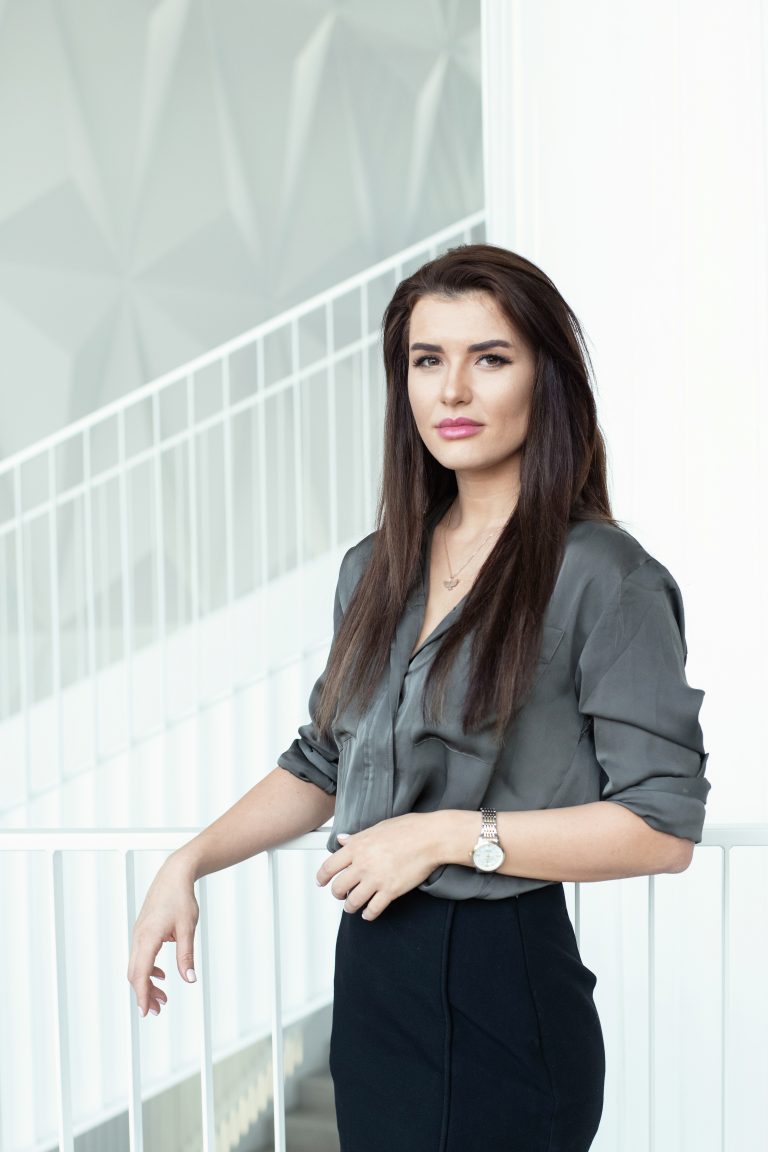Kurkime modernią Lietuvos ateitį kartu
RegistruotisInvest
Analysis and development of the Lithuanian cryptocurrency market
Problem
n 2020, Lithuania had only 8 providers of virtual asset services (VASPs). Over the next two years, the number of cryptocurrency asset service providers grew significantly, reaching a total of almost 800 companies. However, due to amendments to the AML laws in 2022, the number of VASPs decreased, and currently, there are about 600 registered entities in the country.
While the existing VASPs registered in Lithuania are not qualitatively assessed according to any criteria and can operate unrestrictedly, the European Union’s Markets in Crypto-Assets Regulation (MiCAR) aims to establish uniform operational standards across the EU for crypto asset markets. This regulation not only encourages innovation and financial stability but also protects consumers from potential risks associated with crypto markets that are not currently addressed by existing financial service regulations. Requirements for issuers of electronic money tokens and asset-referenced tokens will take effect on June 30, 2024, with the full application of MiCAR starting on December 30, 2024.
Lithuanian authorities are actively preparing for the implementation of this crucial regulation, aiming for a smooth and clear licensing process for both Lithuanian and foreign capital companies. This preparation underscores the importance of a qualitative analysis of this sector and inter-institutional cooperation to foster open dialogues and the dissemination of information.
Despite the growth of the crypto asset sector in Lithuania, there is a lack of information about the qualitative assessment of this sector and its market participants, as well as a clear position on how the country is preparing for compliance with the MiCAR regulation. Currently, the threats, weaknesses, opportunities and strengths of the Lithuanian crypto asset sector, which would allow for a comparison between the crypto markets of Lithuania and other EU countries and form Lithuania’s value proposition to the strongest foreign capital companies worldwide, are not identified.
Goal
The aim of the project is to analyse the crypto asset markets of Lithuania and foreign capital to formulate a value proposition for Lithuania’s crypto assets for the strongest foreign capital companies. The project seeks to attract the most reliable and significant players in the global crypto asset market by initiating and encouraging dialogue with foreign capital companies.
Project progress
2024/03/19
Conduct a SWOT analysis of the Lithuanian crypto market.
2024/04/19
Perform Due Diligence analysis of foreign capital companies, including a list of top companies
2024/04/26
Review of crypto products
2024/05/30
Lithuania's value proposition and its testing
2024/06/02
A series of podcasts with Investavimas.lt, the Bank of Lithuania and the Ministry of Finance
2024/06/28
Crypto product analysis (competitors, target market, regulatory environment in EU and Lithuania, talent pool)
2024/07/05
Presentation to Invest Lithuania community: Blockchain: opportunity or a threat?
2024/07/09
Crypto product review: USP, SWOT, and sales approach presentation to the Invest Lithuania community.
2024/07/30
Blockchain technology and the cryptocurrency perspective in Lithuania: A sector analysis
Result

